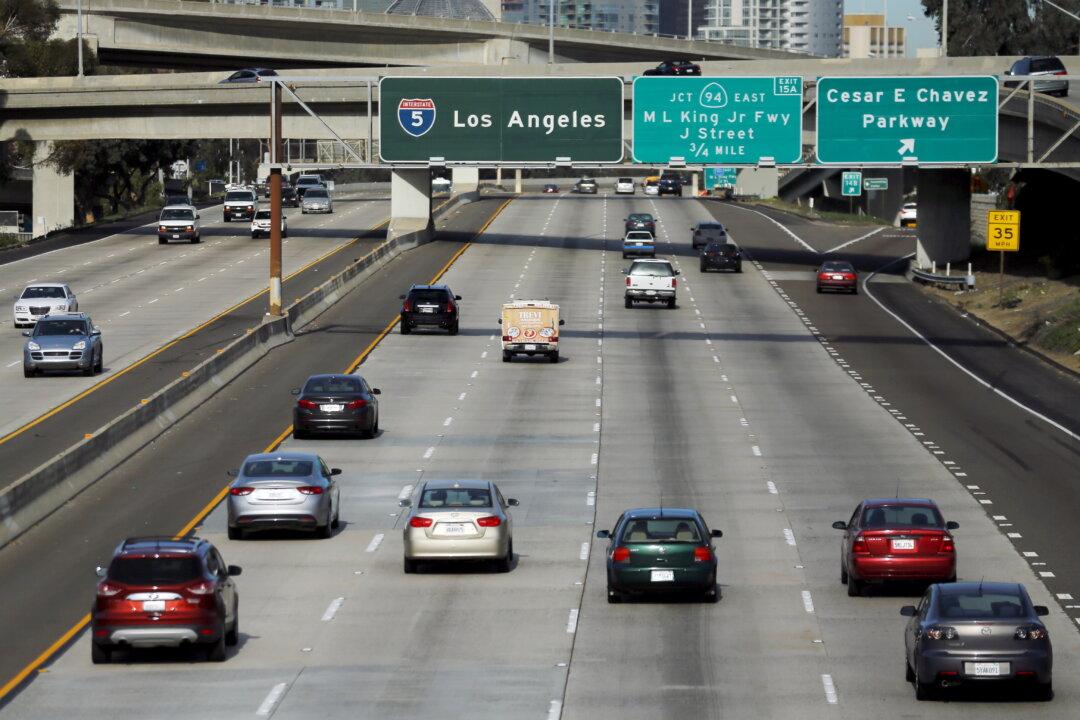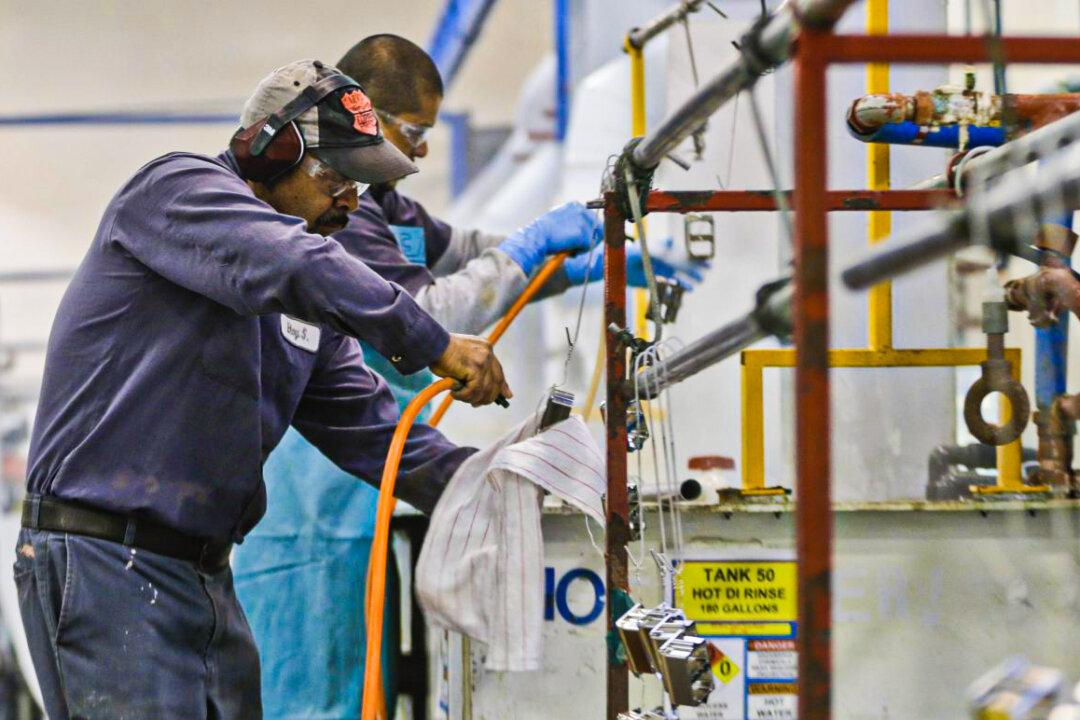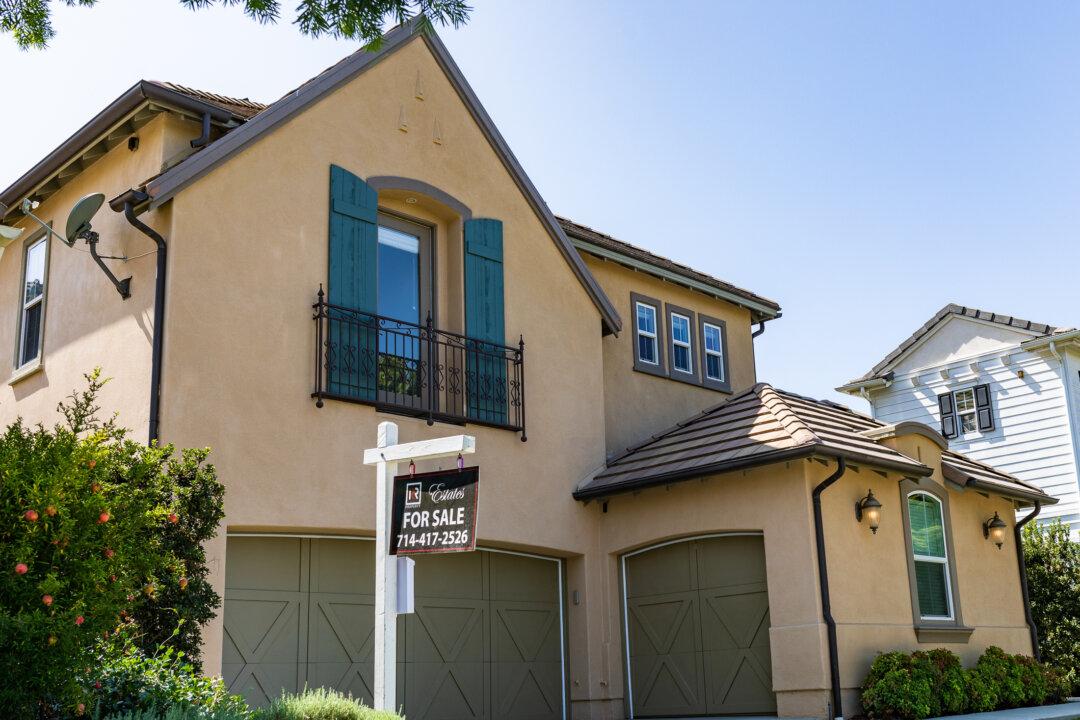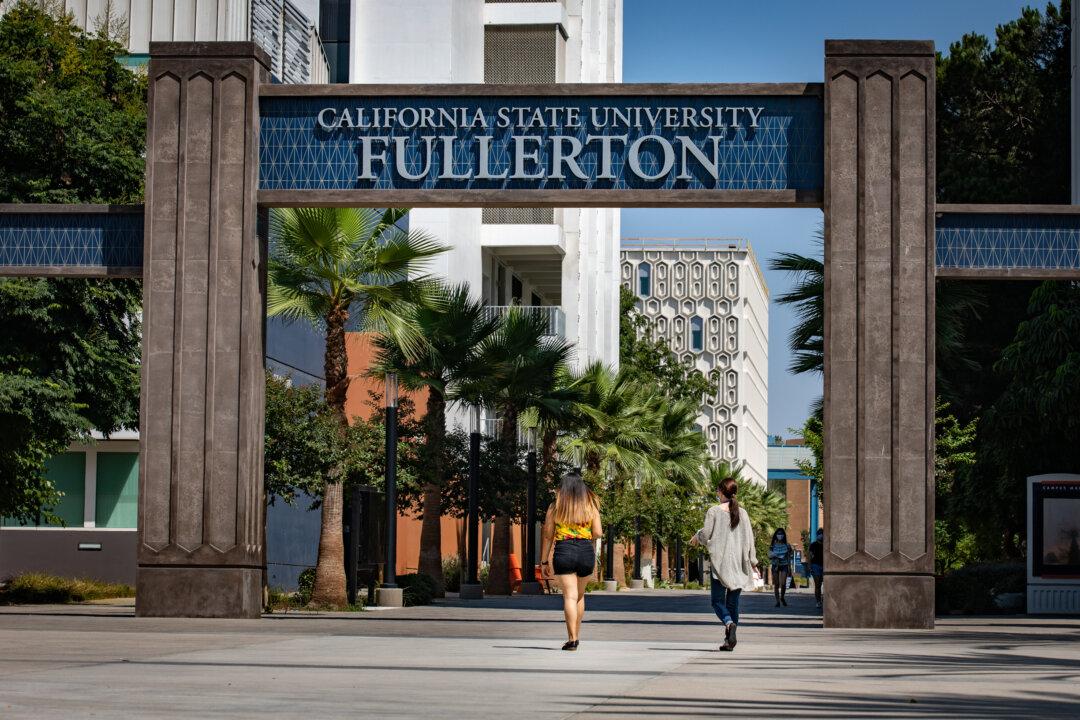Commentary
President Joe Biden is expected to travel to Pittsburg, Penn. March 31 to kick off his campaign for a $3 trillion infrastructure bill. One provision that would have been particularly costly to the poor and Californians is apparently no longer being considered despite being previously mulled.





